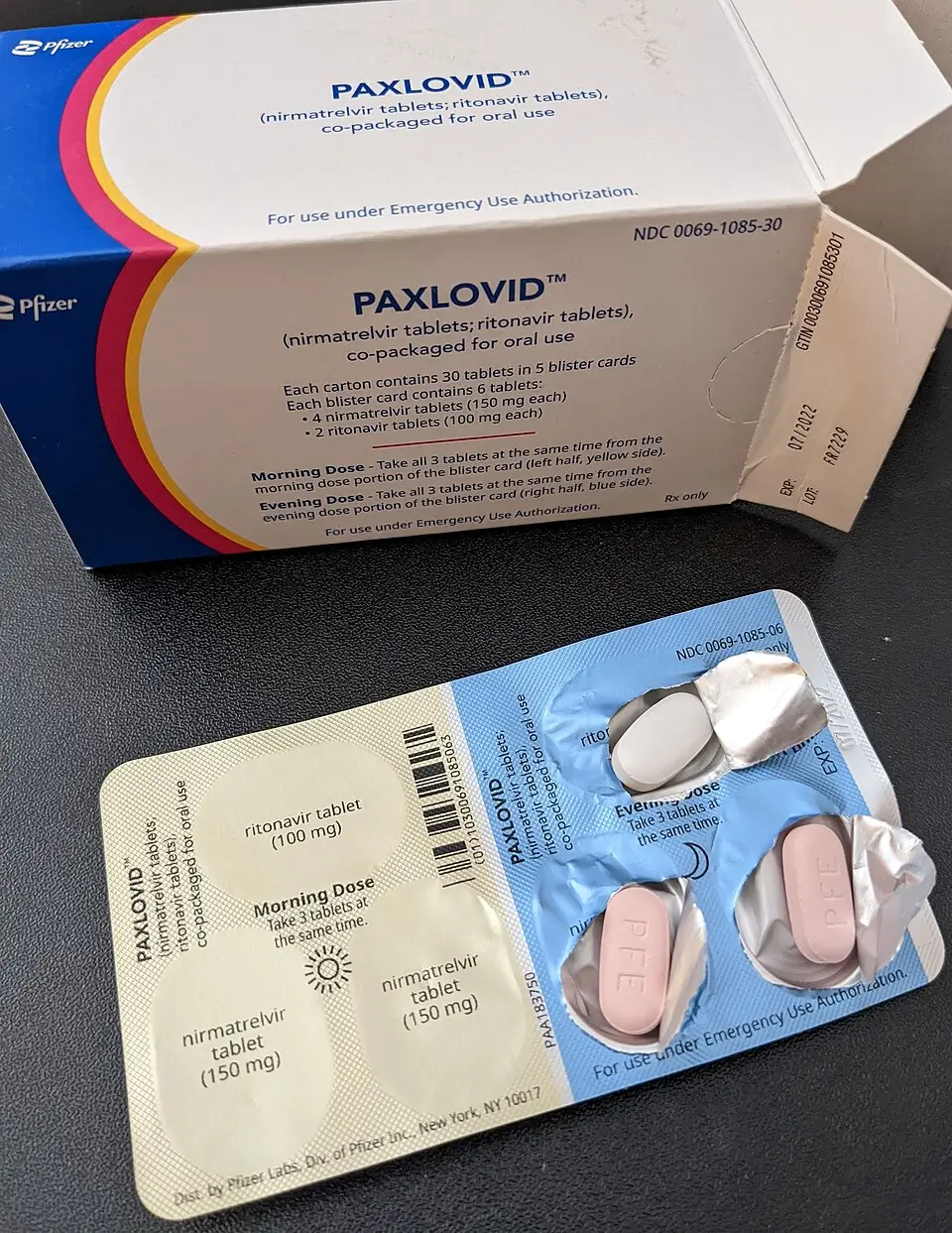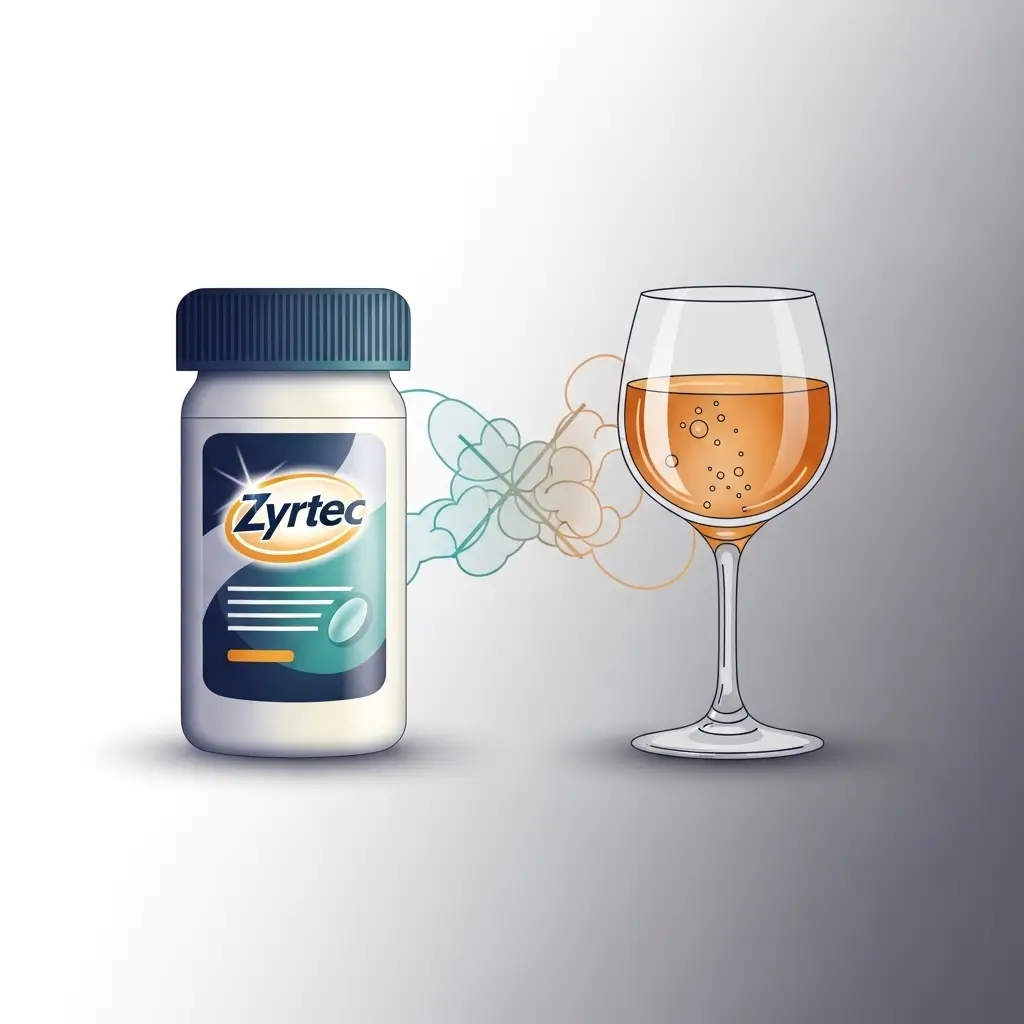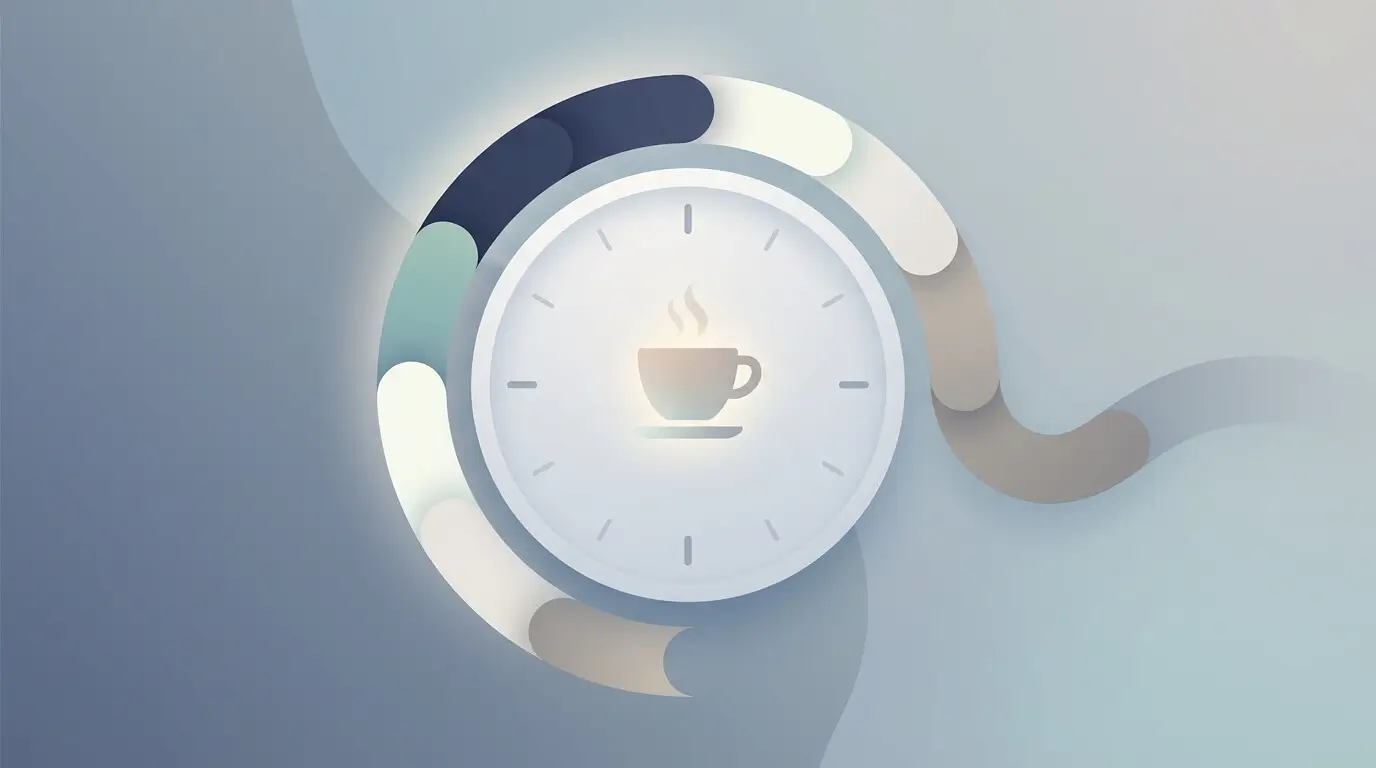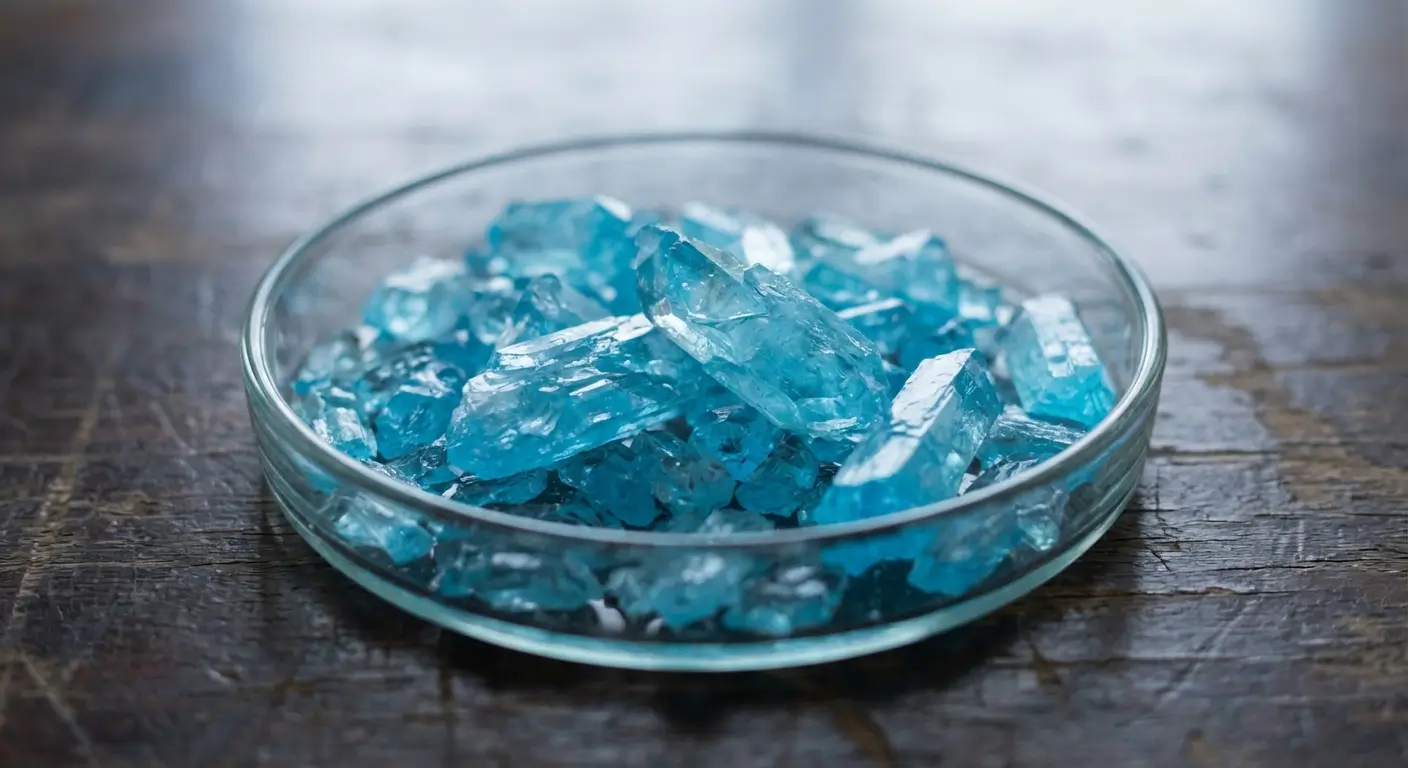Introduction: Your Pressing Paxlovid Question Answered
You've been prescribed Paxlovid to fight off COVID-19 and are starting to feel a bit better. Now, a question pops into your mind: "Can I have a glass of wine or a beer?" You're not alone in asking this. This question comes up frequently, and it's completely understandable—after feeling unwell, many people want to return to their normal routines and social habits.
Here's the direct answer: Medical professionals strongly advise against drinking alcohol while taking your 5-day course of Paxlovid. While there isn't a specific warning label about a direct interaction, combining the two can lead to potential health risks, increase side effects, and may hinder your recovery. Think of it this way—your body is already working overtime to fight off a virus. Adding alcohol to the mix is like asking your liver to juggle flaming torches while riding a unicycle.
What is Paxlovid and How Does It Work?

Paxlovid is an oral antiviral medication used to treat mild to moderate COVID-19 in individuals who are at high risk for severe illness. This medication has become a game-changer in COVID-19 treatment, helping people avoid hospitalization and severe complications when taken within the first few days of symptom onset.
The medication works through a sophisticated two-drug combination. It consists of two active ingredients: nirmatrelvir and ritonavir, each playing a crucial role in your recovery process.
Nirmatrelvir serves as the primary antiviral warrior. This component works by blocking a viral enzyme called 3CLpro, which prevents the COVID-19 virus from replicating in your body. Without this enzyme, the virus essentially can't make copies of itself, giving your immune system the upper hand in the battle.
Ritonavir acts as the supporting player, but it's equally important. This part of the medication "boosts" the effectiveness of nirmatrelvir by slowing its breakdown in your liver. Without ritonavir, nirmatrelvir would be metabolized too quickly, reducing its effectiveness. It's like having a personal bodyguard that ensures the main fighter stays in the ring long enough to finish the job.
Top 3 Risks of Mixing Alcohol and Paxlovid
1. Increased Strain on Your Liver
Both Paxlovid (specifically the ritonavir component) and alcohol are processed by the liver, and this creates a significant problem. Your liver uses the same enzymatic pathways to break down both substances, meaning they're essentially competing for the same processing resources.
Consuming them at the same time puts your liver into overdrive, increasing the risk of liver stress, inflammation, and in severe cases, liver damage. This is especially risky for individuals with pre-existing liver conditions. At Prescott House, we've worked with clients who have experienced liver complications from mixing medications with alcohol, and recovery becomes significantly more complex when liver function is compromised.
The ritonavir component is particularly concerning because it's designed to slow down liver metabolism—that's how it keeps nirmatrelvir active longer. When you add alcohol to this equation, you're asking your liver to handle multiple demanding tasks simultaneously, which can overwhelm this vital organ's capacity to function properly.
2. Enhanced Side Effects and Complications

Paxlovid already comes with its own set of potential side effects, including nausea, diarrhea, muscle aches, elevated blood pressure, and that notorious metallic taste that many patients describe as "licking a penny." When you introduce alcohol into the mix, these side effects can become significantly more pronounced and uncomfortable.
Alcohol is notorious for causing dehydration, and when you're already dealing with COVID-19 symptoms and potential medication side effects, dehydration can quickly escalate from uncomfortable to dangerous. Your body needs optimal hydration to process both the virus and the medication effectively. Adding alcohol—a natural diuretic—creates a perfect storm for severe dehydration.
The gastrointestinal effects deserve special attention. Both Paxlovid and alcohol can irritate your digestive system, leading to increased nausea, vomiting, and diarrhea. At Prescott House, we've seen clients who mixed medications with alcohol experience such severe gastrointestinal distress that they required emergency medical intervention. What might have been manageable side effects from the medication alone became dangerous complications when alcohol was added to the equation.
Additionally, alcohol can worsen the fatigue and dizziness that some people experience with Paxlovid. This combination increases your risk of falls, accidents, and poor decision-making when your body most needs rest and careful attention to recovery.
3. Compromised Immune System and Delayed Recovery
Perhaps most importantly, alcohol consumption can significantly compromise your immune system's ability to fight off COVID-19. Your immune system is already working at maximum capacity to combat the virus, and alcohol acts as an immunosuppressant, essentially handicapping your body's natural defense mechanisms.
Research shows that even moderate alcohol consumption can reduce white blood cell effectiveness for up to 24 hours after drinking. This means that a single drink can leave your immune system weakened for an entire day—time that could be crucial in your recovery process. When you're taking Paxlovid to give your body the best chance of beating COVID-19 quickly and effectively, alcohol consumption works directly against this goal.
Alcohol also disrupts sleep quality, and quality sleep is one of your immune system's most powerful tools. During deep sleep, your body produces infection-fighting cells and antibodies. Alcohol interferes with REM sleep and deep sleep cycles, meaning you're not getting the restorative rest your body desperately needs to recover from illness.
Furthermore, alcohol can interfere with your body's inflammatory response. While too much inflammation is harmful, your immune system needs some inflammatory response to effectively fight off infections. Alcohol can disrupt this delicate balance, potentially prolonging your illness or increasing your risk of complications.
Understanding Drug Interactions: The Science Behind the Caution
The interaction between alcohol and Paxlovid goes beyond simple addition of side effects—it involves complex biochemical processes that can have unpredictable results. The cytochrome P450 enzyme system in your liver is responsible for metabolizing both alcohol and many medications, including the ritonavir component of Paxlovid.
When these substances compete for the same metabolic pathways, several concerning scenarios can occur. First, the presence of alcohol might slow down the breakdown of Paxlovid components, potentially leading to higher than intended medication levels in your bloodstream. This could intensify side effects and create toxic levels of the drug in your system.
Conversely, the ritonavir in Paxlovid might affect how quickly your body processes alcohol, potentially leading to unexpected intoxication levels or prolonged alcohol effects. This unpredictability makes it impossible to safely gauge how much alcohol might be "okay" while on the medication.
The timing of consumption also matters significantly. Even if you space out alcohol and medication doses, both substances can remain in your system for hours, creating overlapping periods where interactions can occur. At Prescott House, we emphasize to our clients that medication interactions don't follow convenient schedules—they happen based on how long substances remain active in your body, not when you swallowed a pill.
Conclusion: Your Health Comes First
The answer to "Can you drink alcohol while taking Paxlovid?" is a clear and definitive no. Throughout this guide, we've explored the compelling medical reasons why abstaining from alcohol during your 5-day Paxlovid treatment is crucial for your safety and recovery. From the increased strain on your liver and enhanced side effects to the compromised immune function and unpredictable drug interactions, the risks far outweigh any temporary enjoyment from an alcoholic beverage.
Remember, Paxlovid is a powerful tool in your fight against COVID-19, designed to help you avoid severe complications and recover more quickly. By avoiding alcohol during treatment, you're giving this medication—and your body—the best possible chance to work effectively. Your liver can focus on processing the antiviral medication rather than juggling multiple demanding tasks, your immune system can operate at full capacity, and you can minimize uncomfortable side effects that might otherwise derail your recovery.
The good news is that this restriction is temporary. Most medical experts recommend waiting 24 to 72 hours after your final Paxlovid dose before considering alcohol consumption, allowing the medication to clear your system completely. Those few extra days of patience can make the difference between a smooth recovery and potentially serious complications.
If you're finding it challenging to avoid alcohol during your treatment, or if you have concerns about how medications interact with alcohol in general, please don't hesitate to reach out for support. At Prescott House, we understand that the relationship between substances and health can be complex, and we're here to help you navigate these challenges with compassion and expertise. Whether you need guidance on medication safety, support with substance use concerns, or simply want to talk through your recovery journey, our team is ready to provide the personalized care you deserve.
Your health is your most valuable asset, and taking the time to recover properly now sets the foundation for your wellbeing in the days and months ahead. Trust in the process, be patient with your body, and remember that making the smart choice today—skipping that drink while on Paxlovid—is an investment in your brighter, healthier tomorrow.















